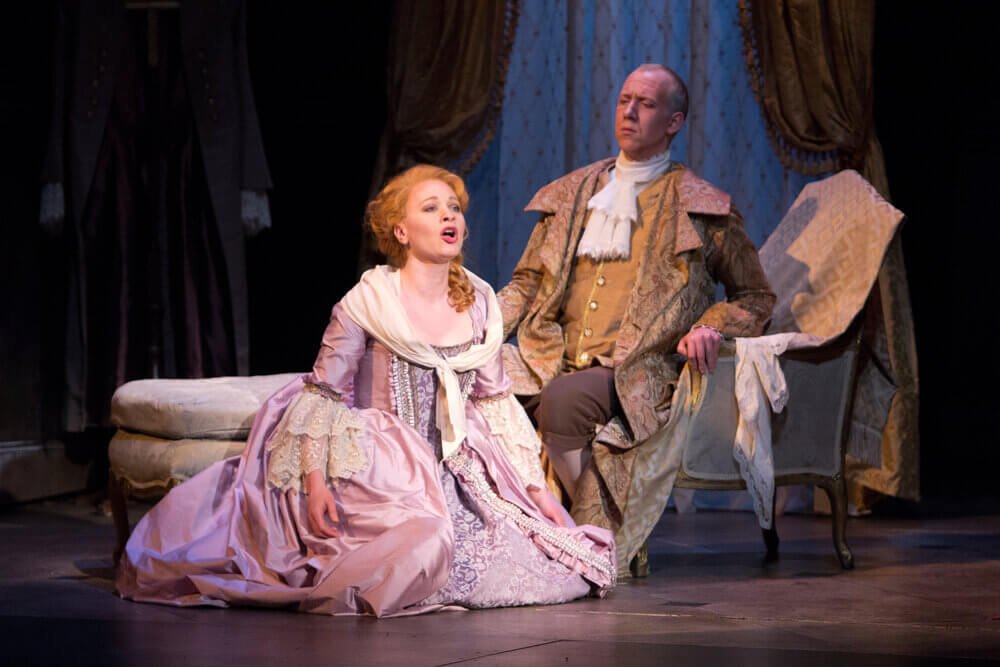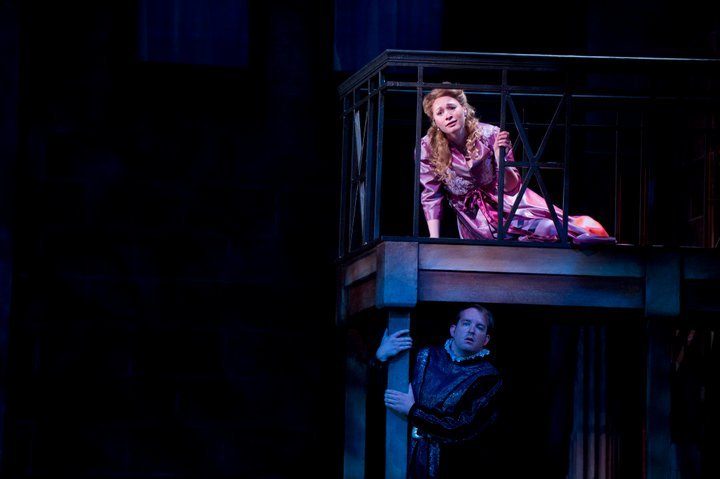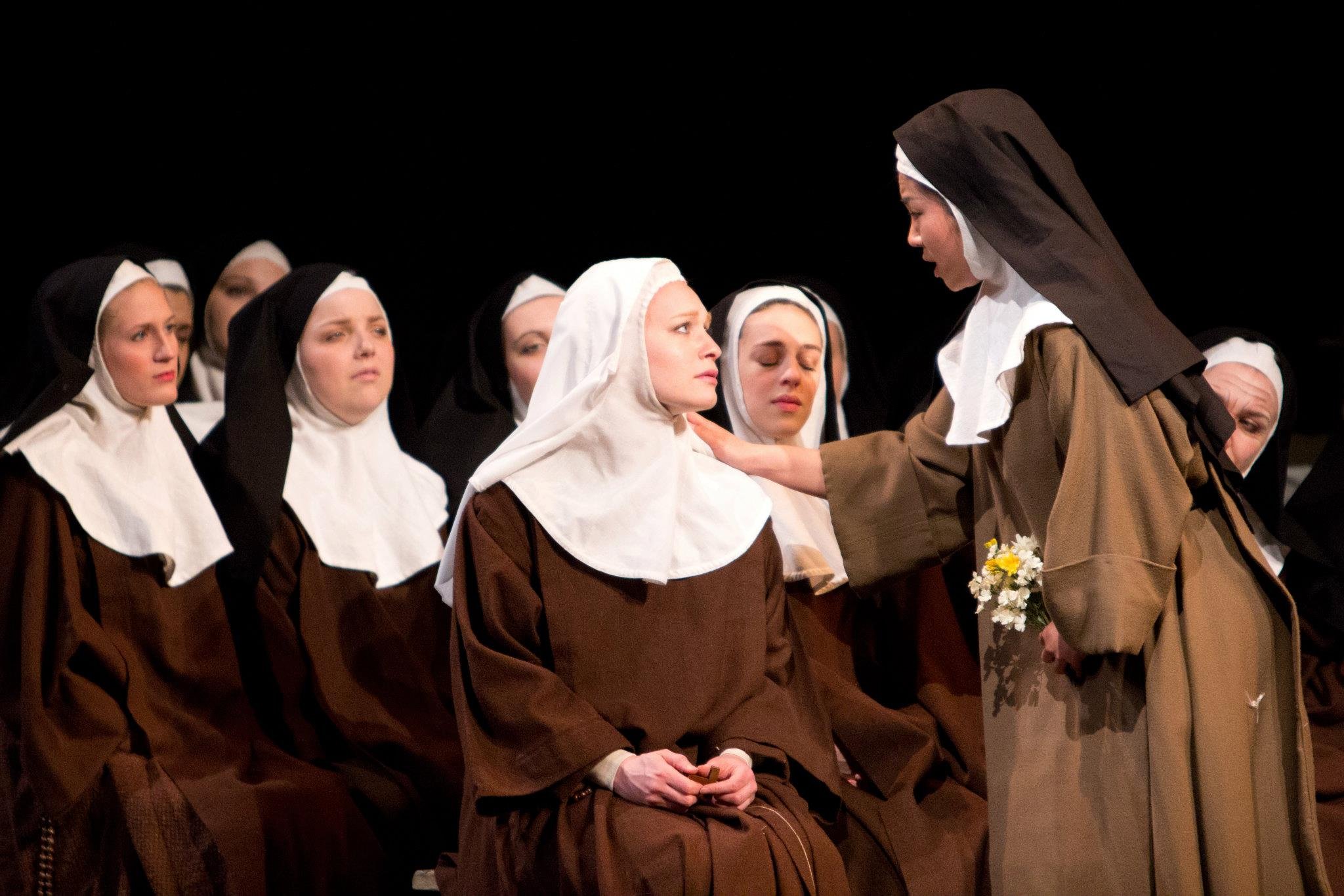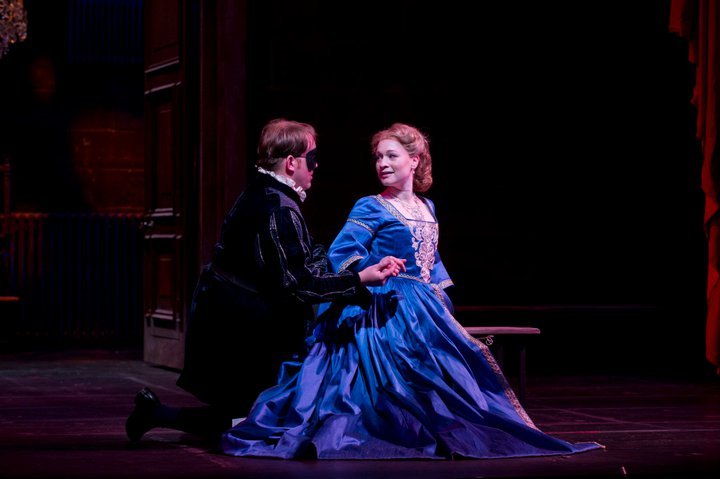What opera singers share with marketers




Before I became obsessed with growing audiences through the frameworks of customer centricity, I was an opera singer—a singer-actress.
In the countless hours of acting training I received, the concept my teachers and coaches always returned to was specificity. Every gesture, every facial expression, every inhalation, every angle of my body had to mean something.
A vague gesture was not just wasted effort—worse, it could cause the audience to lose interest. Effective acting required specific gestures tied to real emotion. Without it, my audience wouldn’t connect with me, wouldn’t believe my character, wouldn’t feel anything.
Opera singers who want to impact their audiences can't just rely on the music and the storyline. We are trained to discern our character’s deepest motivations, to be aware of their relationship with other characters on stage, and to understand the emotional context for each scene.
Similarly, a marketer must be equipped with more than just demographic data. They must be keenly aware of their customers’ struggle, emotional context, and social circumstance if they want to connect with their audience and convert a potential customer.
And just like acting, effective marketing demands the art of specificity—a narrative woven for a singular customer in a unique circumstance, with specific emotional and social needs.
That's the kind of marketing that consumers pay attention to.
The arts sector has experienced an alarming decline in audiences over the past two decades. I’m passionate about rebuilding these audiences because I believe deeply that art holds tremendous value for society, especially in this post-pandemic, technology-driven world.
Having been immersed in Jobs to Be Done theory for the past four years at the Clayton Christensen Institute, I am convinced that these principles have the power to transform marketing and strategy in the arts sector and have immense untapped potential to spark growth and build audiences that keep coming back—for years to come.
